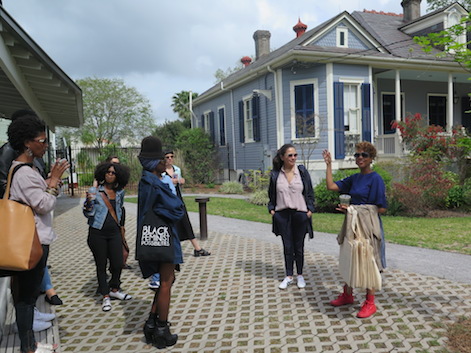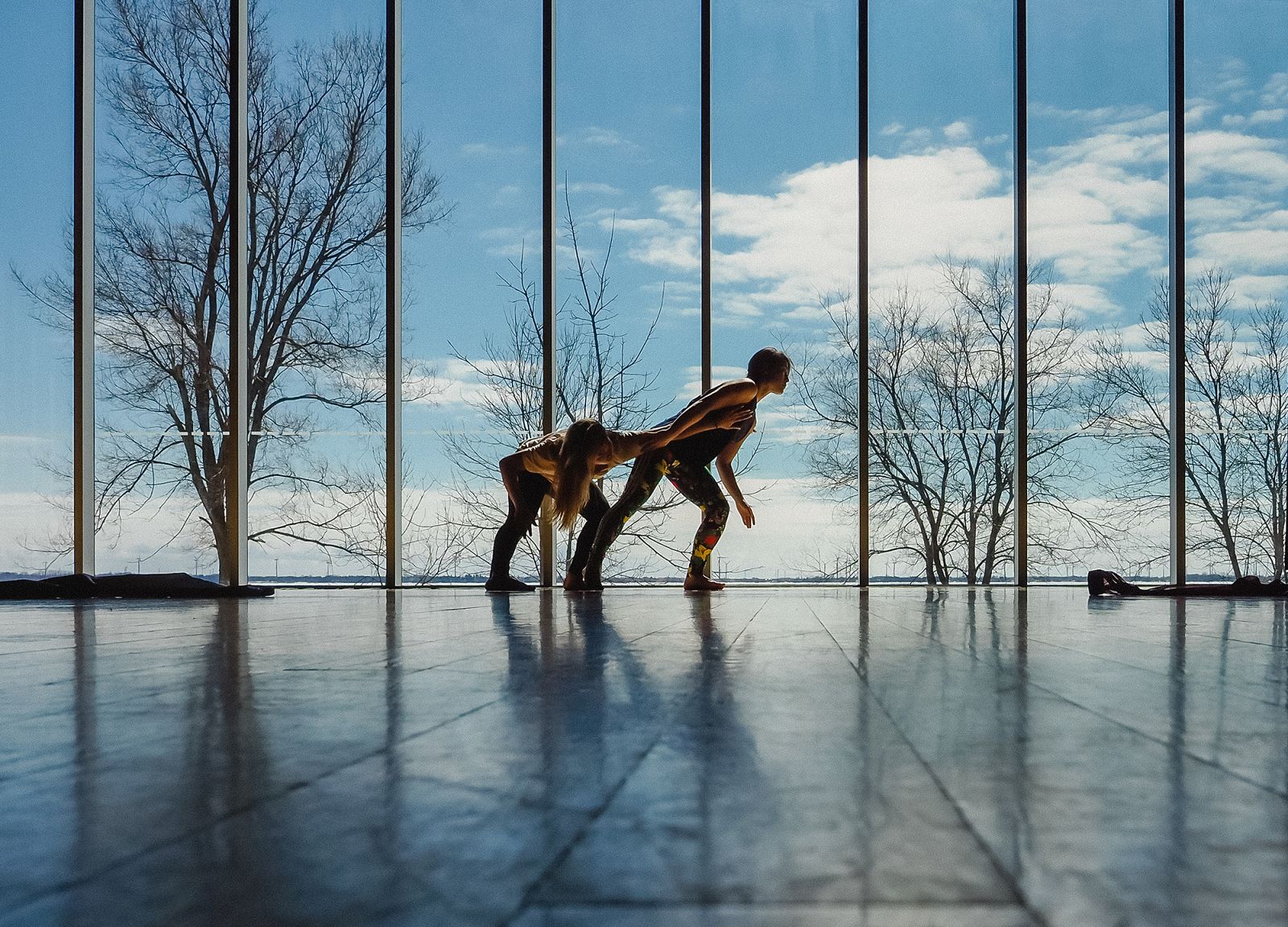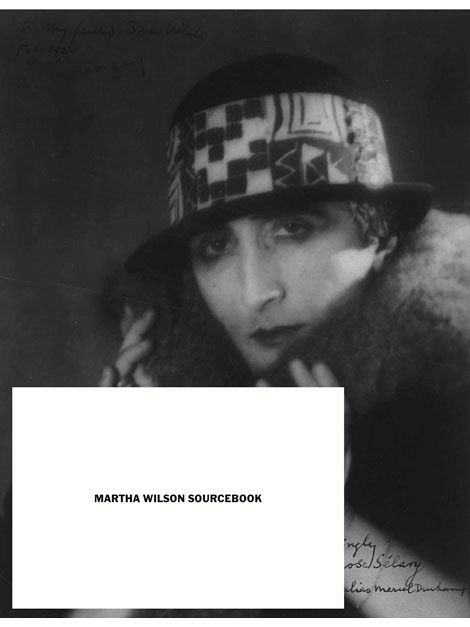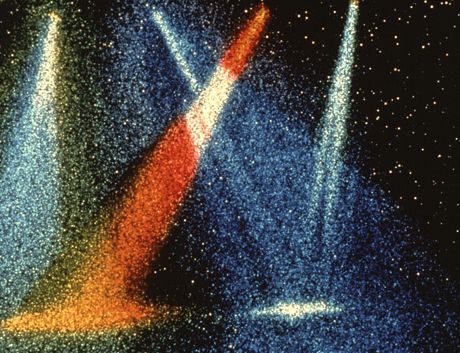Kai Lumumba Barrow is the founder of Gallery of the Streets in New Orleans. For over 35 years her work has been grounded in efforts to end structural oppression and state violence. Her work intersects theories and practices that transgress the borders of the arts, academic, and organizing worlds. Barrow is a co-founder of Critical Resistance, a national grassroots organization to end the prison industrial complex, and currently sits on the Community Advisory Board. She has also worked with national, regional, and local organizations to coordinate and design convenings, trainings, mass mobilizations, nonviolent direct actions, and guerrilla theatre. She has campaigned to stop jail expansion; confront police violence; reveal prosecutorial misconduct; bring visibility to women prisoners, political prisoners, and people confined to control units; interrupt gender discrimination and bias within prisons, policing, and sentencing; challenge the human rights abuses of prisoners, former prisoners and their family members, and experiment with decarceration models for shrinking the system. As an artist, she is drawn to surrealism as a movement that, according to Robin D.G. Kelley, “invites dreaming, urges us to improvise and invent, and recognizes the imagination as our most powerful weapon.” In 2010, she formed Gallery of the Streets to “engage everyday spaces as sites of resistance.” An evolving national network of artists, activists, organizers, scholars, cultural workers, and community supporters, its signature program, visual opera, fuses public art and community engagement to confront power, provoke dialogue, and cultivate sustainable spaces. They identify points of intervention and create site-specific installations, and sound, movement, and visual compositions that are organized and performed in traditional and non-traditional spaces. They believe that art is an invitation for dialogue and can shift our ideas and our practices.
Kai Barrow

Explore
Exhibition







